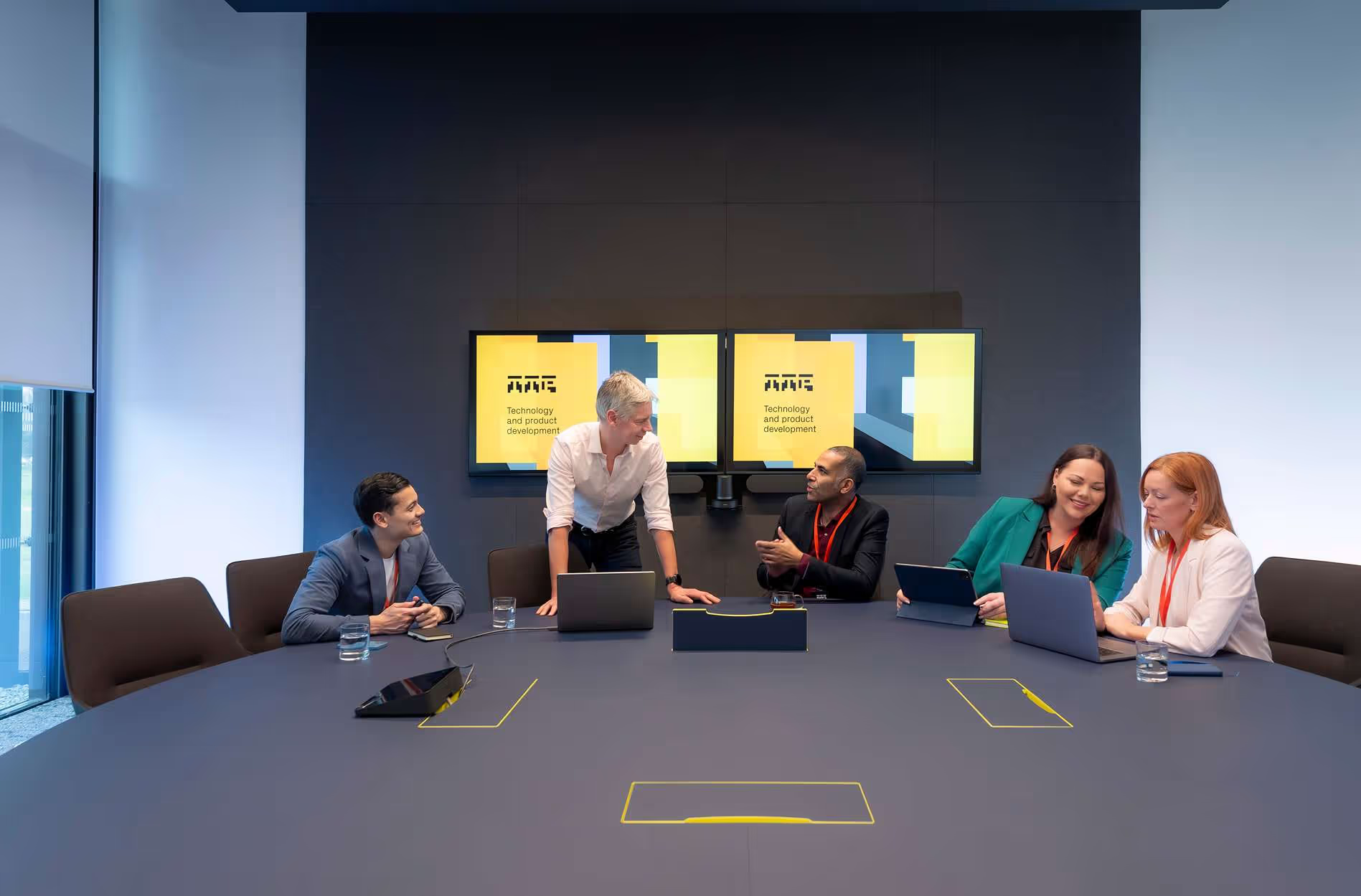TTP and Prolight Diagnostics have developed a new low-plastic immunoassay platform delivering lab-quality results at the point-of-care.
Context
The demand to deliver ever more diagnostic tests closer to the patient is leading to the increasing use of virgin plastic material. TTP took up the challenge to find a way to reduce the plastic content of single-use diagnostic tests without sacrificing the test quality.
Solution
TTP’s diagnostics team identified the existing MicroFlex technology, developed by TTP with Prolight diagnostics, as a way to enable more sustainable material choices in manufacturing. A rapid development workshop started with this core technology and quickly iterated through many product concepts before coalescing around a design that would become ecoFlex.
Result
We developed an innovative new immunoassay platform, made from recycled paper-pulp, that achieves a 95% reduction in plastic use compared to the equivalent central-lab test. With a target cost of <$1, ecoFlex can be competitive with existing lateral-flow strips whilst the MicroFlex technology at its heart enables lab-quality, quantitative results in a point-of-care format.

The US alone consumed over 750 million lateral flow tests by early 2022, resulting in over 7,500 tons of plastic waste.
The proliferation of single-use diagnostic tests is enabling wider, de-centralised access to diagnostics around the world, including within GP surgeries, pharmacies, walk-in health clinics and people’s homes. They have demonstrated great utility in addressing issues in global health, including meeting urgent needs for testing and diagnosis in places with limited laboratory facilities.
Over 2 billion COVID-19 LFTs (lateral flow tests) have been provided in the UK, with each test producing over 10 grams of plastic waste, mostly formed from assay strip plastic housing. The environmental impact of the vast quantity of plastic waste produced is leading to a re-think of how such tests are manufactured.

Our approach
As more single-use diagnostic tests are taken out of the lab and moved to de-centralised locations, it is important that the diagnostic test quality does not suffer. The lateral-flow type tests that many of us became familiar with during the Covid-19 pandemic offer a simple cheap test but cannot match the sensitivity and specificity of a central lab-run test. The challenge is maintaining the lab test quality even when such tests are run away from the lab environment.
The aim of this project was to evolve the existing MicroFlex platform – that delivered lab-quality ELISA results in the distributed environment (see data below) - and was developed by TTP for Prolight Diagnostics to address a broader market opportunity. Involving a design approach that focuses on user-centred thinking to reinforce innovation and opportunities while considering the long-term environmental and ethical impacts.

At TTP we wanted to reimagine and highlight the key capabilities of MicroFlex. A human-centred design approach was taken to understand the users and technical considerations of the original system design that were not necessary for most immunoassays undertaken in the lab. (In particular, the MicroFlex cartridge included an on-board centrifuge for high-volume blood processing – this has a lot of applications but is not always necessary for small volumes of samples where approaches such as blood to plasma membranes may be incorporated into the single-use device.)
A multidisciplinary workshop to rapidly generate and explore ideas was undertaken. This rapid approach allowed us to quickly dismiss ideas that didn’t meet the requirements of the user, client and other disciplines involved.
Ergonomic models were created to allow the team to understand the workflow and quickly test key usability concerns. Leveraging this design approach TTP has been able to highlight the key USPs of the technology and develop ecoFlex with a sustainability focus - thinking just how little plastic can be used.

The concept
The core MicroFlex technology allowed us to consider materials other than plastic due to the way it interacts with the instrument. Consulting with pulp product manufacturers we were able to develop a design that supported the assay strip and could be produced at scale at a similar price to an LFT. ecoFlex can be manufactured using less than 2g of plastic, the novel paper-pulp cartridge is still able to deliver central-lab quality ELISA workflow by leveraging the existing MicroFlex technology developed by TTP with Prolight Diagnostics. With a target cost of <$1, ecoFlex cartridges would be competitive with existing lateral-flow strips whilst delivering the quantitative performance of a central lab in a portable desktop format suitable for scaleup. Developed with renewable material manufacturing at its heart.

Sustainability
Considering alternative materials to traditional virgin plastic poses a number of significant challenges: rigidity, leakage, sampling handling, sterilisation and shelf life. However, the MicroFlex technology can interface with the constraints of the paper pulp due to the patented flexible membrane while using 95% less plastic than the equivalent quality central-lab-based test.

The platform vision created
- Highlighted how the technology addresses the key drivers of accuracy, reliability, usability, and affordability within the IVD market.
- Developed an innovative consumable design that’s made from recycled paper pulp. A 95% reduction in plastic than the equivalent quality central-lab-based test.
- Reframed and reinvented the current technology to make it more accessible to a wider market.
TTP and Prolight are working under a commercialisation agreement to find development partners to bring this technology to market. If you are interested in finding out more, please reach out to us at diagnostics@ttp.com. Design rights property of TTP. Patent pending.








